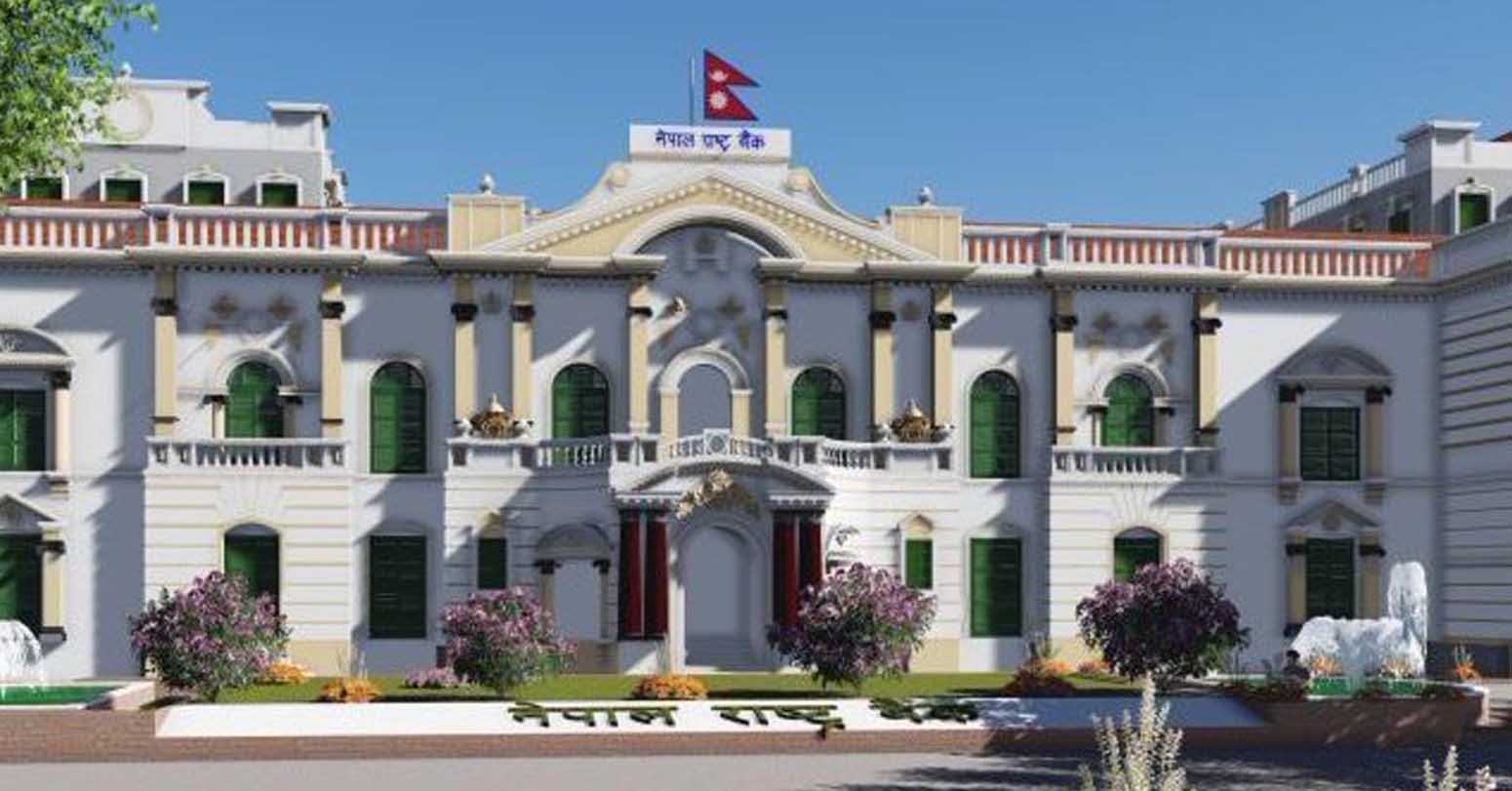
As the armed conflict rages on between the Sudanese Armed Forces (SAF) and the paramilitary Rapid Support Forces (RSF), residents who remain in combat zones are facing dire life conditions. In the capital Khartoum, many have been forced to resort to primitive methods to maintain their livelihood amidst the turmoil.
One of the most notable adaptations has been the revival of the animal-drawn cart, locally known as the Karoo, as a preferred means of transport for citizens.
Due to the challenges of carjacking, high cost, and fuel shortage facing common means of transport or private vehicles, many in Khartoum have to take carts drawn by horses or donkeys to markets and hospitals. They are also used to deliver water to residents in need.
This two-wheeled or four-wheeled cart used to be a mundane means of transport in Sudan, particularly in agricultural areas, for transporting crops.
Abdul-Salam Jumma, a resident of the Jabra neighborhood south of Khartoum, told Xinhua that the Karoo has even been the only means of transporting sick and injured people to nearby hospitals.
In addition to the change in mass transport behavior, the war-induced frequent power outages have prompted residents to utilize the Zir as a substitute for refrigerators under sweltering temperatures.
The earthenware water jar, dubbed "the refrigerator of the poor" and historically used as an evaporative cooler, has experienced a resurgence in popularity as a water-cooling device.
"There is now a great demand for the clay-made water jars," said Ruaa Mudawe, a resident from the Al-Ingaz neighborhood south of Khartoum, adding that the Zir-making factories, as well as pottery vessel manufacturing businesses, have started to spread in her neighborhood.
Also, when the electricity supply is cut in and out, people find the traditional lantern more reliable. "We have to find alternatives to carry on with our life," Fatma Khalil, a resident of the Mayo neighborhood south of Khartoum, complained.
"We have no choice but to use an antique lantern for lighting," she said, referring to a portable source of lighting, typically featuring a protective enclosure and with the light source being a candle or a wick using oil, kerosene, or gasoline as fuel.
Furthermore, with disruptions to communication networks and Internet services in Khartoum and other cities since February, people have faced difficulties keeping in touch with separated family members. They have to turn to those traveling between Khartoum and other regions to deliver messages to loved ones.
"I depend on paper letters. I send them (letters) to travelers from Khartoum to Sinnar. My family members there also send written messages back to me," said Suleiman Iyssa from the Al-Andalus neighborhood in southern Khartoum.
Iyssa remained in the capital city for fear that his house may be looted, while his family fled to Sinnar State in central Sudan.
Since the conflict between the SAF and the RSF broke out on April 15, 2023, more than 14,700 fatalities have been recorded, while the number of people displaced inside and outside of Sudan has reached 8.2 million, showed a recent report by the United Nations Office for the Coordination of Humanitarian Affairs.
-XINHUA






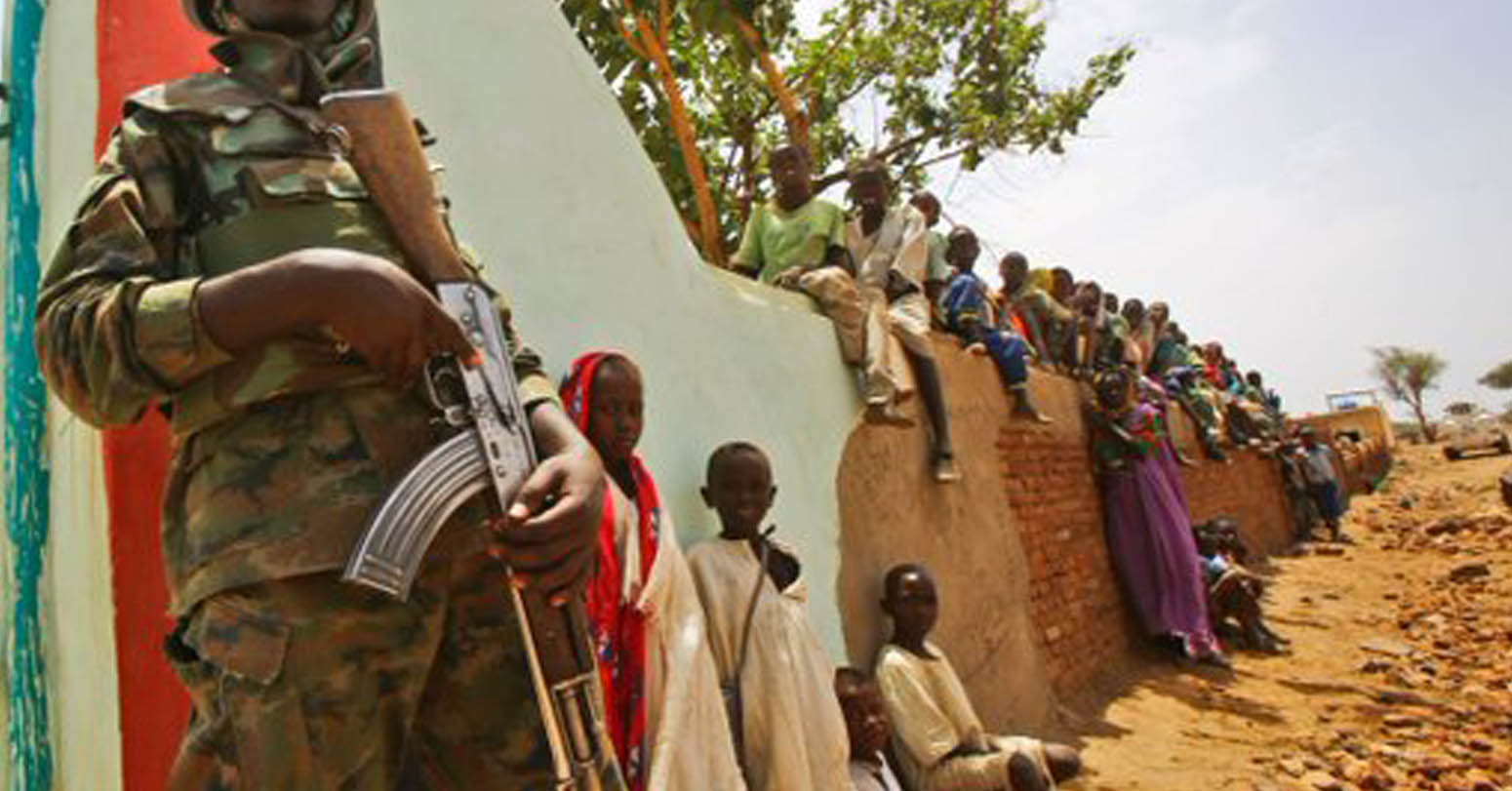
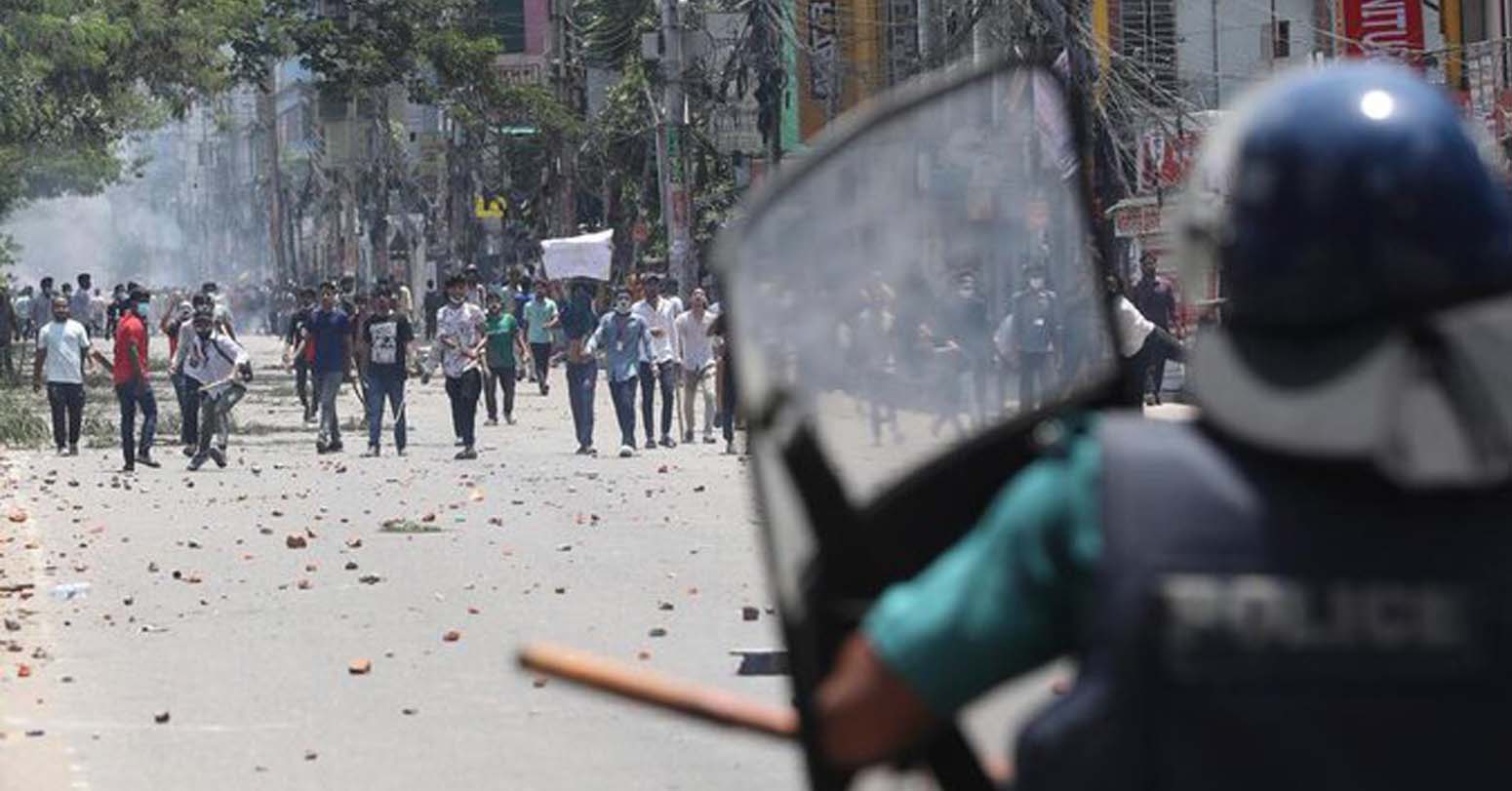
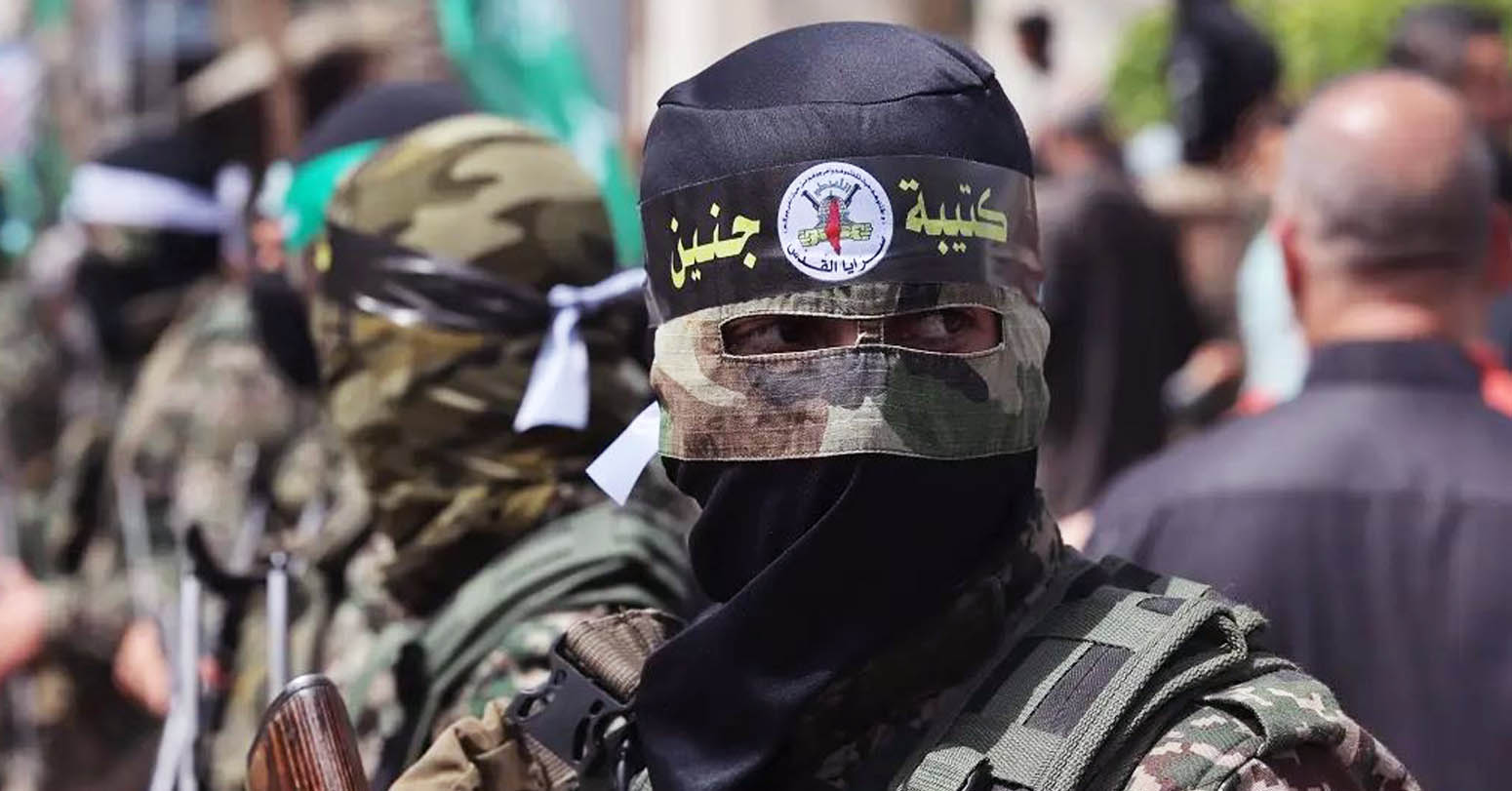

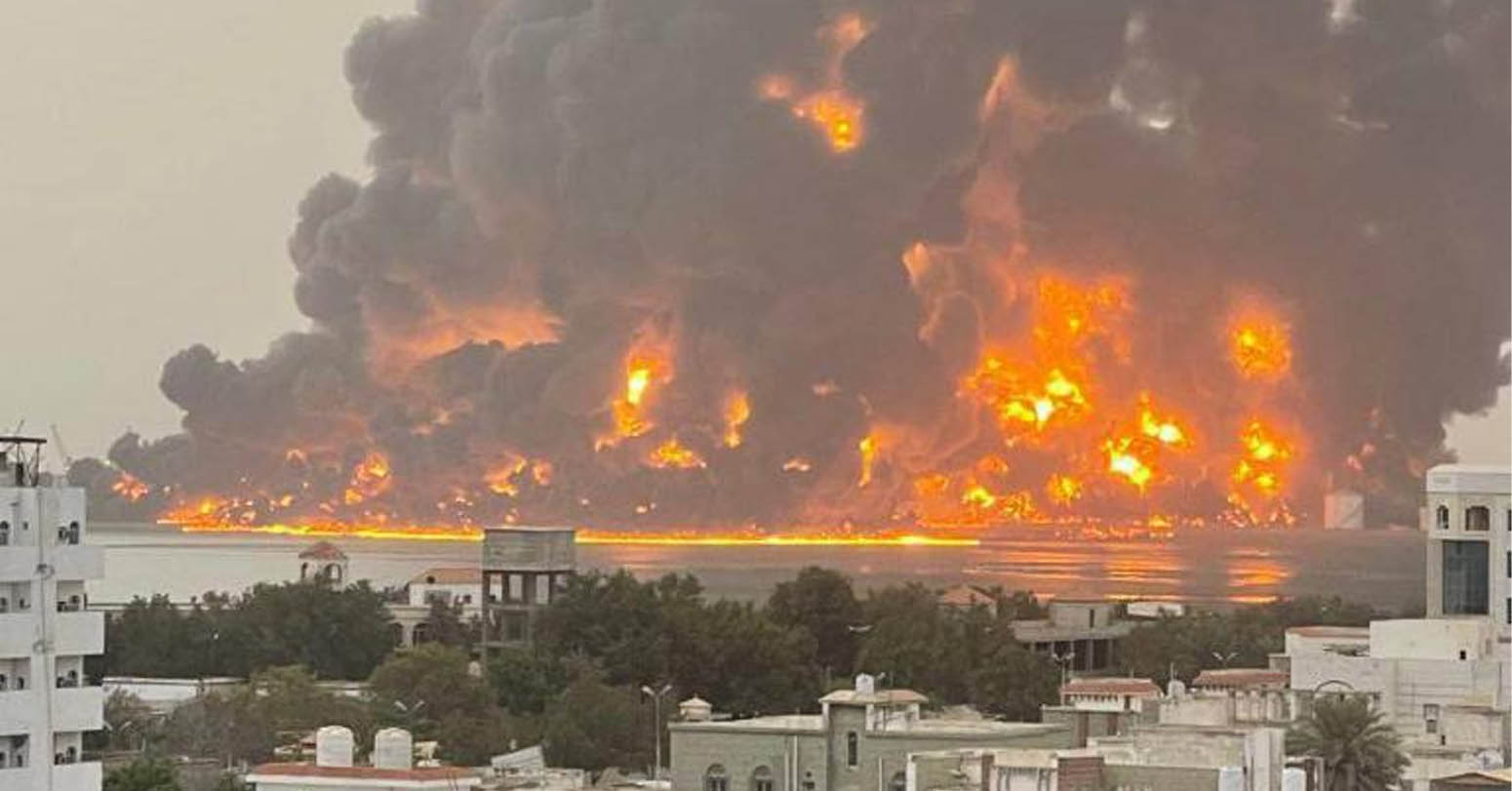


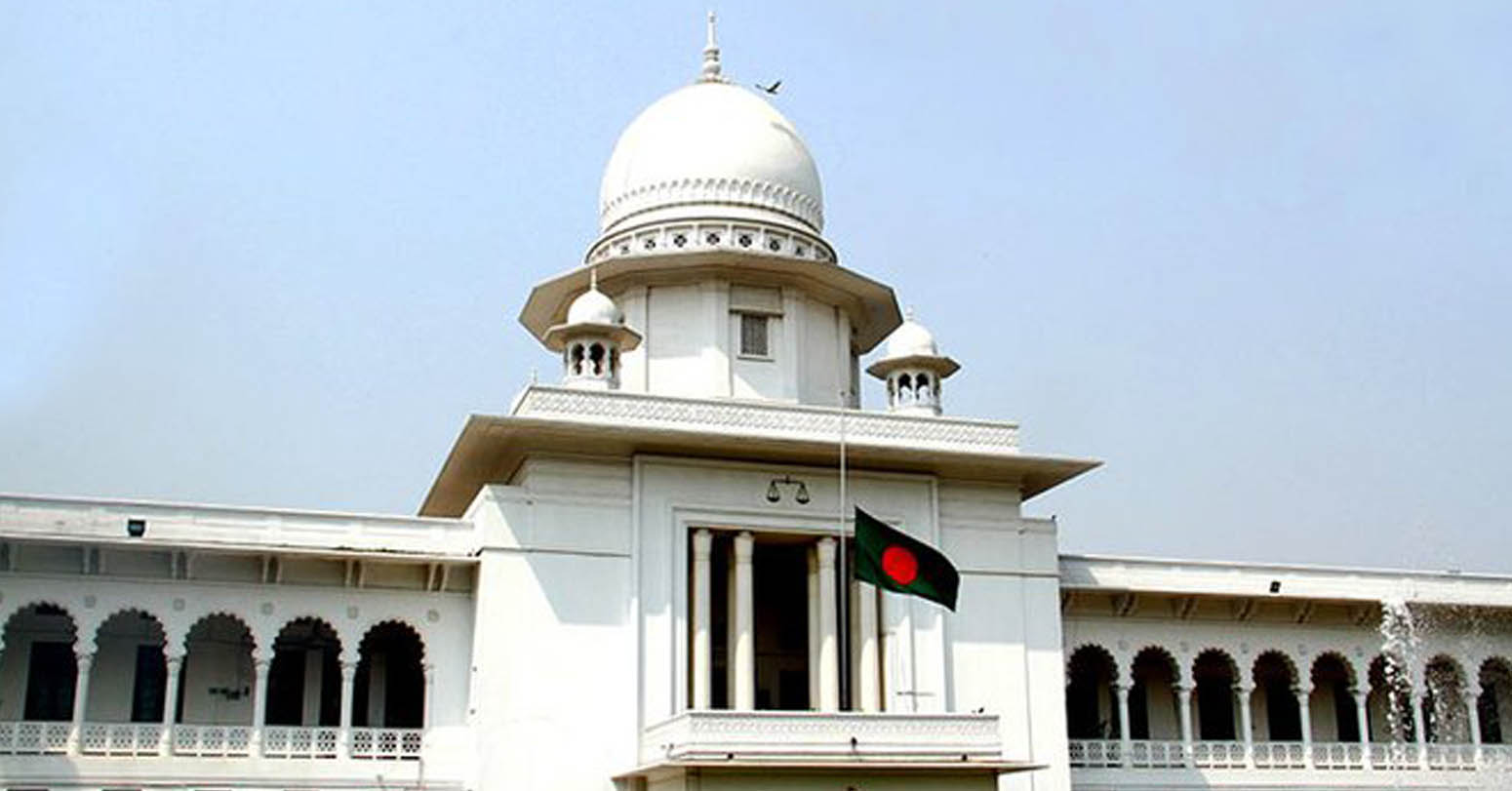
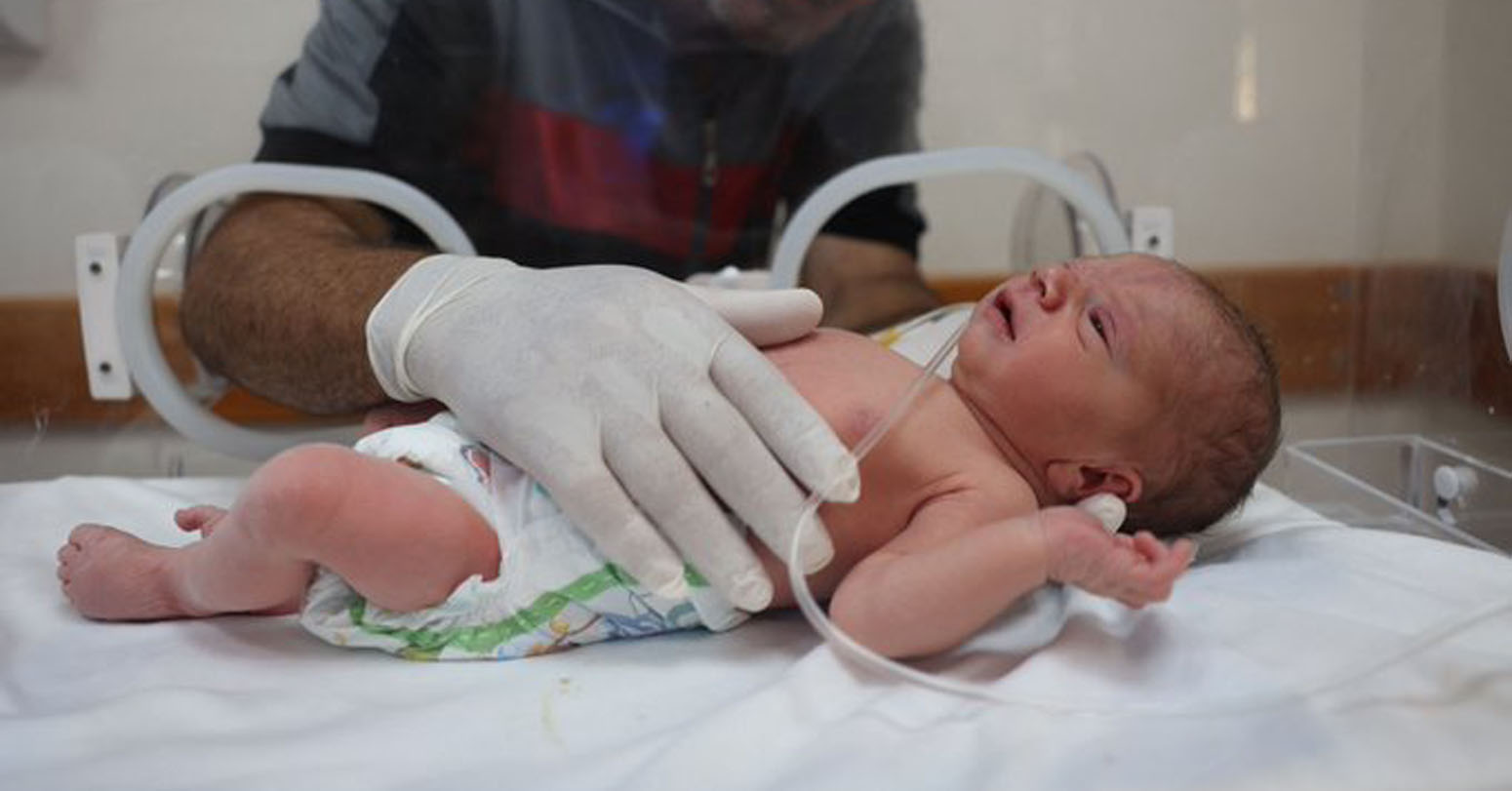
Comprehensive Data Protection Law Critically
Gender Differences In Mental Healthcare
Messi Wins Best FIFA Men’s
Erosion of Democracy
Fly Dubai Catches Fire in
“Complexities of the South Asian